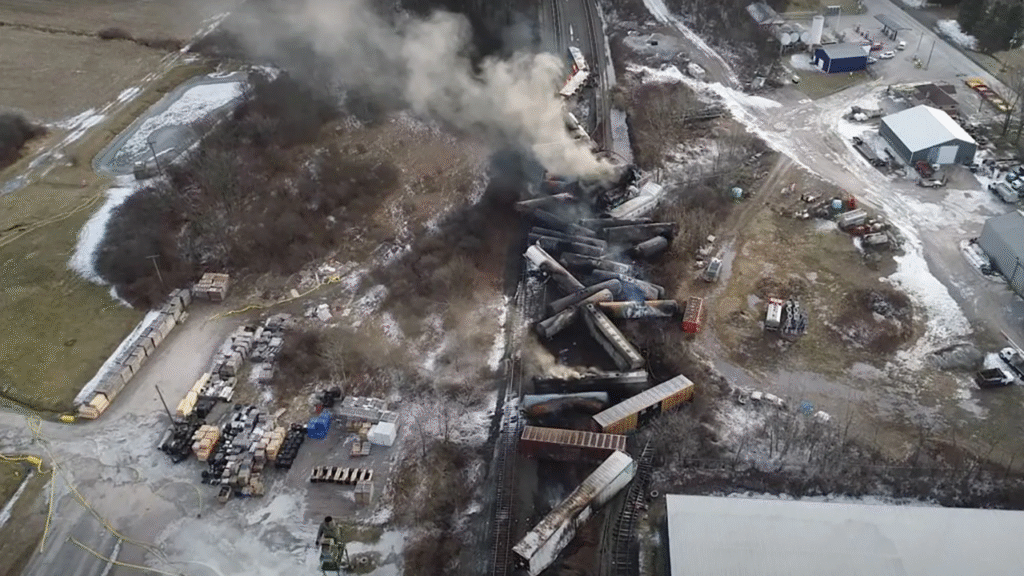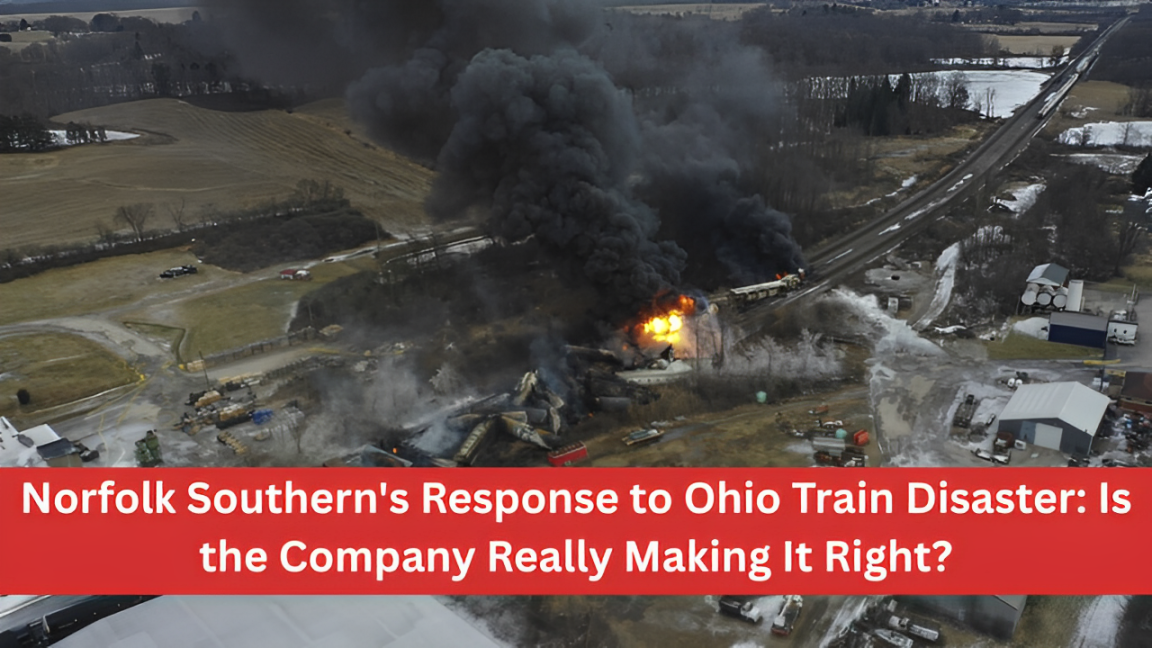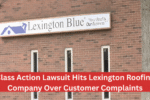After the catastrophic train derailment in Ohio caused by Norfolk Southern, many locals and environmental experts are questioning whether the company is truly making efforts to “make it right.”
The derailment, which took place in East Palestine, led to the release of hazardous chemicals, creating significant environmental and health concerns.
The incident has sparked multiple lawsuits and widespread criticism, especially regarding the company’s response to the crisis.
Norfolk Southern, one of the largest freight rail companies in the United States, faced backlash not only for the derailment but also for how it handled the aftermath.
Residents in the area reported concerns about the safety of their air, water, and soil after the release of toxic chemicals like vinyl chloride, which is known to pose serious health risks.
The company has promised to clean up the area and compensate affected families, but many people remain unconvinced by these assurances.
A new lawsuit has added more fuel to the fire, raising doubts about Norfolk Southern’s commitment to doing enough. The lawsuit claims that the company’s negligence in maintaining the rail infrastructure contributed to the derailment, and the plaintiffs argue that their lives have been significantly impacted.
The lawsuit also accuses Norfolk Southern of failing to adequately notify the community about the dangers posed by the chemicals released from the train.

Despite Norfolk Southern’s efforts to provide financial aid to the town and families affected, questions still linger over whether they are truly addressing the long-term consequences of the disaster.
Local authorities, environmental groups, and residents argue that the company should be held accountable not only for the immediate cleanup but also for the lasting impact on the health and well-being of the community.
In response to the growing concerns and legal pressure, Norfolk Southern has vowed to continue its cleanup efforts and provide compensation to those harmed.
The company has also promised to invest in safety measures to prevent future incidents. However, these promises have not completely quelled the anger and skepticism surrounding the situation.
The situation has sparked a larger conversation about the rail industry’s practices and the responsibility of companies like Norfolk Southern to prioritize safety over profit.
Critics argue that the industry has been under-regulated for years, and that more stringent safety protocols and better infrastructure are needed to prevent such disasters from happening again.
As the legal battle unfolds, it remains to be seen whether Norfolk Southern can regain the trust of the community and prove that it is truly “making it right.”
The disaster in Ohio has highlighted significant gaps in rail safety and corporate responsibility, and it has ignited a movement for better regulation and more accountability in the transportation industry.



